Ever feel lost when it comes to international shipping? You’re not alone! The world of trade can be confusing, with jargon and strange places like CFS. But don’t worry; we’re here to break it down for you.
What’s a CFS and Why is it Important?
Have you seen a giant warehouse near a port, like a central hub for shipping containers? That’s a CFS or Container Freight Station. It’s where smaller shipments from different companies heading to the same place get grouped to fill a whole container.
This is important because most ships carry giant containers; not everyone has enough to fill one. By grouping shipments at the CFS, they can fill a container and send it off, saving everyone money on shipping costs.
As per World Trade Organization Reports, 90% of global trade is conducted via maritime shipping, with containers being the primary mode of transport.
The Evolution of Shipping Processes and the Rise of CFS
Back in the day, ships carried all sorts of cargo loose, making loading and unloading a nightmare. Then came containers – these standardized boxes made shipping way faster and easier. However, they also opened the door for smaller shipments, where CFS came in.
These warehouses became the go-to spots for combining smaller shipments into full containers, keeping things organized and efficient. Today, CFS facilities are worldwide, keeping international trade moving smoothly.
The Role of CFS in Logistics and Supply Chain Management
Think of your business like a big machine. You need parts to come in and finished products to go out, all on time and without problems. A CFS acts like a power engine for your supply chain, making sure your smaller shipments get where they need to go by:
- Putting them together with other shipments to fill containers.
- Saving you money on shipping by not needing a whole container for small stuff.
- Speeding things up by getting your cargo on its way faster.
In the next section, we’ll explore the functions and operations of CFS services.
Also Read: Top International Freight Forwarding Companies in Delhi
Functions and Operations of CFS
Now that you understand the importance of CFS facilities, let’s explore their daily operations. These warehouses are bustling hubs of activity, ensuring your cargo gets on its way efficiently.
Core CFS Activities
Imagine a beehive – constantly buzzing with activity! That’s what a CFS is like. Here are some of the critical things they do:
- Loading and Unloading: CFS workers are the ultimate cargo wranglers. They expertly load and unload containers, making sure everything is secure and ready for its journey.
- Consolidation: CFS staff combine these LCL shipments from different companies into a single FCL container, maximizing space and saving everyone money.
- De-consolidation: When a full container arrives at its destination, the CFS team reverses the process. They carefully unload the container and separate the individual LCL shipments, preparing them for their final delivery.
Import and Export Made Easy
Whether you’re shipping goods overseas or receiving them, CFS plays a crucial role in both import and export processes:
- Import Journey: Once your shipment arrives at the destination port, it heads to the CFS. Here, customs clearance procedures are handled, ensuring everything is legal and ready to enter the country. Then, your shipment is separated from the container and prepared for final delivery.
- Export Expedition: When you’re sending goods abroad, you bring them to the CFS. The team will handle any necessary paperwork, combine your shipment with others if needed, and pack everything securely into a container for its voyage.
Temporary Storage and Tracking
CFS facilities often offer temporary storage for containers, both empty and full. This gives you flexibility if your shipment isn’t quite ready for its next step. Plus, most CFS systems provide real-time tracking, so you can always see where your cargo is in the process.
By handling these essential functions, CFS plays a vital role in keeping international trade moving smoothly and efficiently.
The next section will explore why we should use a CFS service.
Also Read: Difference Between a Consigner and a Consignee: Definitions and Meanings
Benefits of using CFS in Shipping
We’ve seen how CFS facilities operate, but what does it all mean for you, the shipper?
Here’s a breakdown of the key benefits you can expect by using a CFS:
Saving Money and Time
- Slashing Shipping Costs: Remember how CFS combines smaller shipments? This lets you avoid paying for a whole container when you don’t have enough stuff.
- Faster Deliveries: By efficiently managing loading, unloading, and consolidation, CFS helps get your cargo on its way quicker. No more waiting around for a slow and expensive solo voyage!
Compliance with Customs and Flexible Cargo Management
- Customs Clearance Made Easy: Dealing with customs paperwork can be a headache. CFS facilities often handle this for you, ensuring your shipment meets all legal requirements and avoids delays at the border.
- Cargo Control at Your Fingertips: CFS offers flexible storage options for your goods, giving you more control over the shipping timeline. Need to hold onto your shipment for a bit? No problem!
Reduction in the Risk of Cargo Damage or Loss
- Reduced Risk of Damage: CFS warehouses are built for secure storage and handling. Their experienced staff knows how to pack and load containers properly, minimizing the risk of damage to your goods during transport.
- Keeping Track of Your Stuff: Many CFS facilities offer real-time tracking systems so you can always see your shipment’s location and stay informed throughout the process.
Import and Export Simplified
A CFS can simplify the process, whether bringing or sending goods in or out. They handle the complexities of import/export procedures, saving you time and ensuring everything goes smoothly.
By utilizing a CFS, you can enjoy significant cost savings, faster shipping times, and peace of mind knowing your cargo is in good hands.
In the final section, we’ll explore the different types of CFS services and how to choose the right one for your specific needs.
CFS Charges and Cost Considerations
While CFS services offer significant benefits, there are associated costs to consider when planning your budget.
These fees can cover a variety of things, such as:
- Loading and Unloading: The cost of moving your cargo on and off containers.
- Consolidation/De-consolidation: The fees associated with combining or separating LCL shipments within containers.
- Storage: Charges for keeping your cargo at the CFS facility before or after shipping.
- Customs Clearance: If the CFS handles customs paperwork for you, there may be an additional fee.
- Documentation: Fees for processing and handling any necessary shipping documents.
Factors Affecting CFS Charges
Just like airline baggage fees, CFS charges can vary depending on several factors:
- Cargo Type and Size: Heavier, bulkier, or hazardous cargo may incur higher handling fees.
- Shipment Volume: Larger shipments might receive discounts compared to very small ones.
- Destination and Origin: Shipping lanes with higher demand or longer distances may have slightly higher charges.
- Value-added Services: Some CFS facilities offer additional services, such as cargo insurance or repacking, which are expensive.
A study by the McKinsey Global Institute found that trade costs can account for up to 15% of the final price of goods, highlighting the importance of cost-effective solutions like CFS consolidation.
CFS vs. CY: A Comparative Analysis
Now that you’ve mastered CFS facilities let’s explore another crucial player: the Container Yard (CY). While they might sound similar, these two have distinct roles in the grand international trade scheme.
Operation on Different Tracks: CFS vs. CY
| Feature | CFS (Container Freight Station) | CY (Container Yard) |
| Focus | Individual cargo, FCL Shipments, and LCL shipments | Full container loads (FCL) |
| Services | Consolidation/de-consolidation, cargo handling, packing/unpacking, customs clearance, documentation | Storage, security, maintenance, short-term movement within the port |
| Function | Acts like a platform for loading, unloading, and sorting cargo | It acts like a giant storage yard for containers |
| Ownership | Public (port authority) or Private | Primarily Public (port authority) |
In the above section, we encountered two terms called “LCL and FCL.” Let’s learn more about them.
What is LCL and Why Does it Matter?
You’re a small business owner who wants to export your handcrafted pottery to a customer overseas. You don’t have enough products to fill a whole shipping container, but that shouldn’t stop you from reaching a global audience! This is where LCL comes in.
LCL shipments allow businesses to send smaller cargo loads by combining them with other LCL shipments heading for similar destinations within a single FCL container.
Here’s why LCL is Crucial for International Trade:
- Accessibility for Businesses of All Sizes: LCL makes international shipping accessible to startups, small and medium-sized enterprises (SMEs), and businesses just starting. They don’t need to wait until they have enough inventory to fill a whole container.
- Cost-Effectiveness: By sharing container space with other shipments, LCL offers a significantly cheaper alternative to paying for a full container that wouldn’t be utilized to its total capacity.
- Flexibility and Variety: LCL caters to the diverse needs of international trade. Businesses can ship a broader range of products, from small machinery parts to samples or seasonal goods, without the commitment of a full container load.
How do LCL Shipments Benefit from CFS?
CFS consolidates and de-consolidates LCL shipments within FCL containers, ensuring efficient use of space and cost-effective transportation for smaller cargo loads.
Here’s how CFS specifically benefits LCL shipments:
- Consolidation Powerhouse: CFS warehouses act as central hubs where LCL shipments from various companies are received and grouped based on destination. This allows for optimal use of space within FCL containers.
- De-consolidation Done Right: Once the full container reaches its final destination, the CFS team swings into action again. They carefully unpack the container and separate the individual LCL shipments, preparing them for final delivery to their customers.
- Streamlined Services: Many CFS facilities offer additional services tailored explicitly for LCL shipments, such as packing assistance, cargo insurance, and customs clearance support.
By leveraging CFS facilities’ consolidation and de-consolidation expertise, LCL shipments can move seamlessly through the international trade network, ensuring timely and cost-effective delivery.
Also Read: Top Freight Forwarding Companies in India 2024
What is FCL Shipment, and the Role of CFS in FCL Shipments
FCL, or Full Container Load, refers to a shipping method where an entire container is used for a single shipment from one shipper. This means the container is filled exclusively with goods from one exporter, ensuring that the whole container is dedicated to one shipment.
The Role of CFS in FCL Shipments
Container Freight Stations (CFS) play a critical role in the logistics of FCL shipments, offering several essential services:
- Efficient Handling: CFS facilities manage the loading and unloading of FCL containers, ensuring that goods are handled efficiently and securely, minimizing the risk of damage during transit.
- Storage Solutions: CFS facilities provide temporary storage for full containers before loading onto ships or after they are unloaded. This offers flexibility in managing shipping schedules and inventory, allowing shippers to synchronize their logistics operations more effectively.
- Customs and Compliance: CFS facilities assist with customs clearance and compliance, ensuring that all necessary documentation is in order and that shipments meet regulatory requirements. This service is crucial for smooth international trade operations, preventing delays and additional costs.
- Streamlined Logistics: By handling the logistical aspects of FCL shipments, including loading, unloading, storage, and customs clearance, CFS facilities help streamline the entire shipping process. This enables shippers to focus on their core business activities while ensuring their goods are transported efficiently.
FCL shipments offer a reliable and efficient method for transporting large volumes of goods, with significant benefits in terms of cost, handling, and transit times.
The support of CFS facilities further enhances the efficiency and security of FCL shipments, making them a preferred choice for businesses engaged in international trade.
To optimize your shipping operations, consider partnering with Intoglo. Intoglo provides door-to-door FCL shipments from India to the USA, negating any additional layers of middlemen or extra charges. Thus, we facilitate fast and efficient shipments.
Role of Logistics Companies in CFS Processes
We’ve explored the inner workings of CFS facilities and how they compare to CYs. Let’s get into logistics companies’ role in this dynamic shipping ecosystem.
Negotiating the CFS Charges
Imagine a skilled negotiator navigating a complex marketplace. That’s what logistics companies do when it comes to CFS charges.
Here’s how they can help:
- Cost Control: Logistics companies have experience dealing with various CFS providers and can negotiate competitive rates, potentially saving you money on CFS charges.
- Customs Clearance Expertise: Logistics companies can handle the complexities of customs clearance procedures associated with CFS services, ensuring your shipment meets all legal requirements and avoids delays at the border.
Streamlining logistics to manage movements efficiently
Logistics companies act like conductors in the orchestra of international shipping. Here’s how they leverage CFS to optimize your cargo movement:
- Consolidation: Logistics companies can manage consolidating your LCL shipments with other cargo at the CFS, ensuring efficient use of container space and reducing overall shipping costs.
- Real-time Tracking: Many logistics companies offer real-time tracking of your cargo throughout the CFS process, giving you complete visibility and peace of mind.
- End-to-End Management: Logistics companies can handle your shipment from origin to destination, including CFS services, customs clearance, and delivery, taking the burden off your shoulders.
Partnering for Success with Intoglo
Navigating the complexities of international shipping can be challenging, but understanding the role of Container Freight Stations (CFS) and effectively utilizing their services can significantly streamline the process. By integrating CFS facilities into your logistics strategy, you can save money, enhance efficiency, and ensure the safe handling of your cargo.
Partnering with Intoglo can make a difference for a business like yours that is looking to optimize its logistics and shipping processes. We have our own CFS space at all the major ports in India, which makes storage and planning your shipment seamless. With real-time tracking and end-to-end management of your shipments, Intoglo ensures that your goods are handled with the utmost care and efficiency from origin to destination.
Explore the benefits of working with Intoglo and see how their expert logistics solutions can support your business’s success. Visit Intoglo today to learn more about their services and how they can confidently help you navigate the complexities of international shipping.


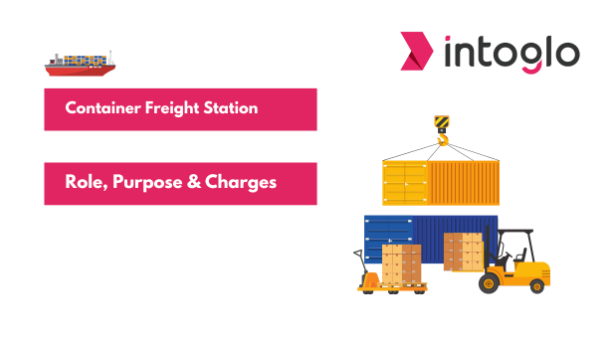

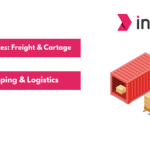
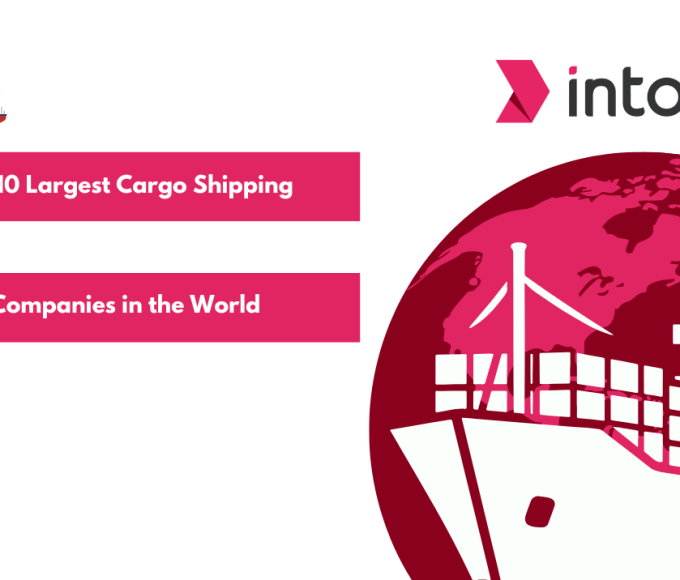
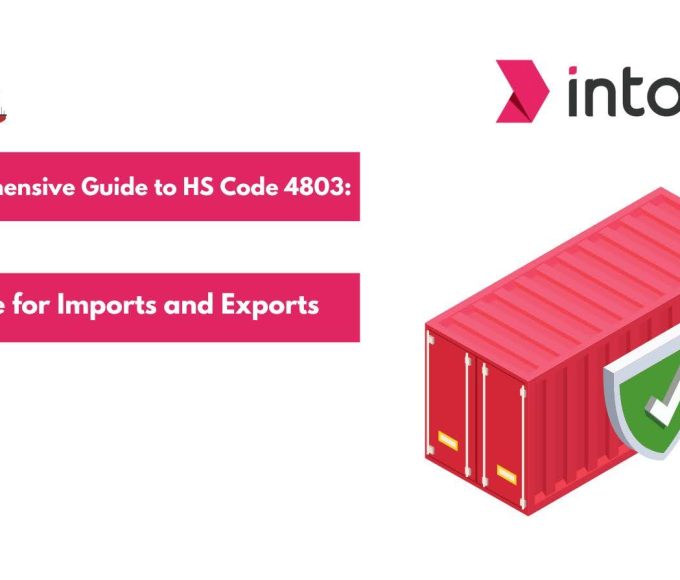
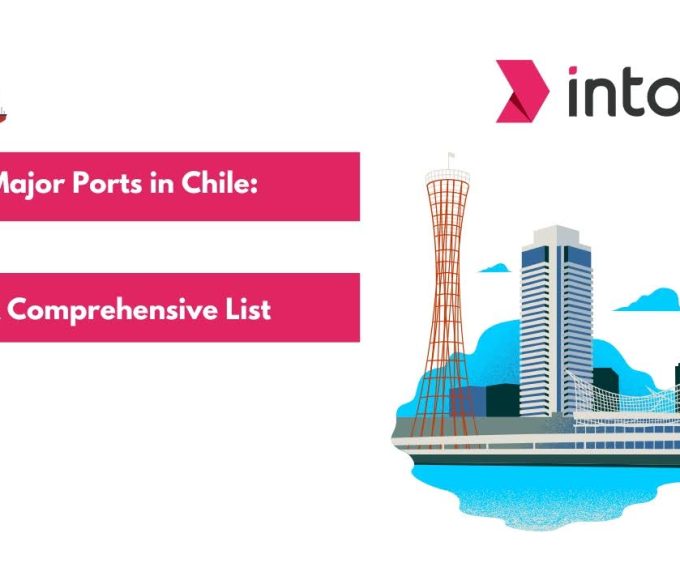
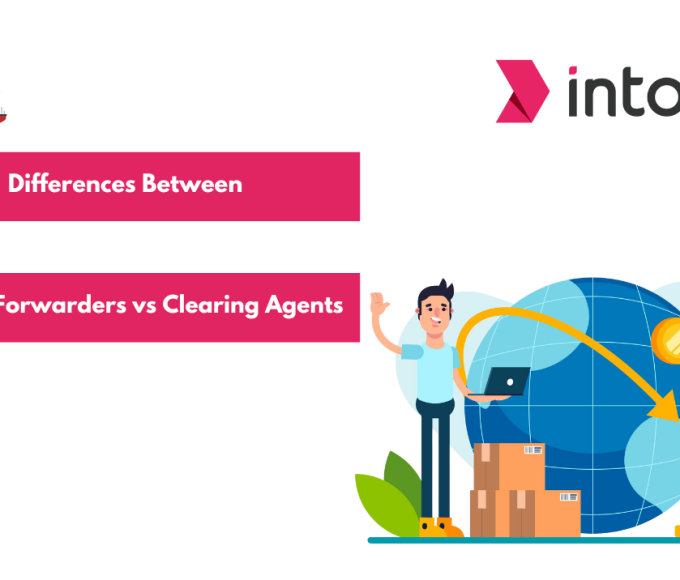
Leave a comment